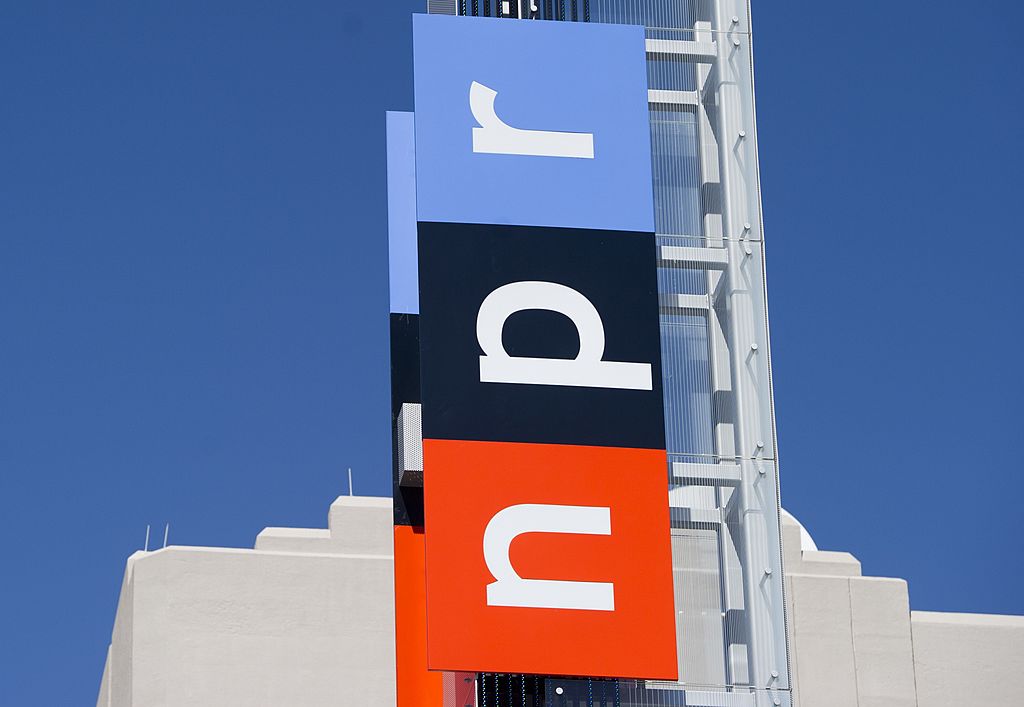National Public Radio (NPR) is breaking up with Twitter.
In a post on Wednesday, the NPR Politics account wrote, “NPR is stepping away from Twitter, and this includes this NPR Politics feed.”
NPR is stepping away from Twitter, and this includes this NPR Politics feed. Please read the thread to find other ways to find our work, including:
— NPR Politics (@nprpolitics) April 12, 2023
NPR Politics Instagram: https://t.co/UJ2HzXYsR0
NPR Politics newsletter: https://t.co/mrWXwUrXrn https://t.co/5kmu5kGogV
The move comes after Twitter applied a label to NPR’s account, calling it “state-affiliated media” and then “Government Funded Media.”
In a statement to The Hill, NPR explained, “We are not putting our journalism on platforms that have demonstrated an interest in undermining our credibility and the public’s understanding of our editorial independence.”
“We are turning away from Twitter but not from our audiences and communities,” it continued. “There are plenty of ways to stay connected and keep up with NPR’s news, music, and cultural content.”
The response, at least among conservatives, was not really a disappointment.
Instead, it was more akin to Gene Wilder in the 1971 “Willy Wonka & The Chocolate Factory” sarcastically saying, “Stop. Don’t. Come back.” Meanwhile, some liberals celebrated the move on Twitter.
There are plenty of journalists at NPR who do good work and report important stories. But its Twitter feed reads like it is managed by sophomore gender studies major at NYU.
Let’s review some of the tweets it has unironically posted in recent years:
In 2020, it claimed the idea that COVID-19 originated in a lab was a “baseless conspiracy theory” with “zero evidence.”
A new poll finds 40% of respondents believe in a baseless conspiracy theory that the coronavirus was created in a lab in China.
— NPR (@NPR) December 31, 2020
There is zero evidence for this. Scientists say the virus was transmitted to humans from another species.https://t.co/GDTo2geUng
In November 2021, the outlet shared a story with a caption about the inauguration of Michelle Wu, an Asian American, who is the first woman and person of color to win the Boston mayoral race.
In a caption, it wrote, “Michelle Wu, an Asian American, is the first woman of color elected to lead the city. While many are hailing it as a turning point, others see it as a more of a disappointment that the three Black candidates couldn’t even come close.”
The headline of the story read, “Cheers and some letdown as 1st elected woman and person of color becomes Boston Mayor.”
Ponder this deleted tweet by @NPR. Imagine the kind of worldview one has to think this way—hyper race consciousness, obsession with racial hierarchies, and merit & fairness inversion. Now imagine an entire channel devoted to promulgating this ideology. That is what NPR has become pic.twitter.com/Y9MEXTIXvs
— Peter Boghossian (@peterboghossian) November 16, 2021
In February 2022, it shared a truly bizarre story about emojis which argued white people are demonstrating a “lack of awareness about white privilege” if they use emojis that have any other skin color than white — even the generic yellow.
Some white people may choose 👍 because it feels neutral — but some academics argue opting out of 👍🏻 signals a lack of awareness about white privilege, akin to society associating whiteness with being raceless.https://t.co/9g3rochT0K
— NPR (@NPR) February 9, 2022
For Elon Musk, who claimed he wanted to make Twitter a free speech haven, it is not a good sign that his company has — at least for now — chased an outlet off by applying labels that liken it to state-affiliated outlets in Russia or China.
Still, at the end of the day, people who enjoy NPR’s content can still listen to its podcasts, or its radio shows, use its app, or visit its website.
So will it really make a difference? Probably not.
But it is yet another example of performative behavior that both sides can be happy about. Musk and conservatives can celebrate NPR’s departure. Meanwhile, NPR can get some street cred among liberals by sticking it to Musk and leaving.

























 Continue with Google
Continue with Google